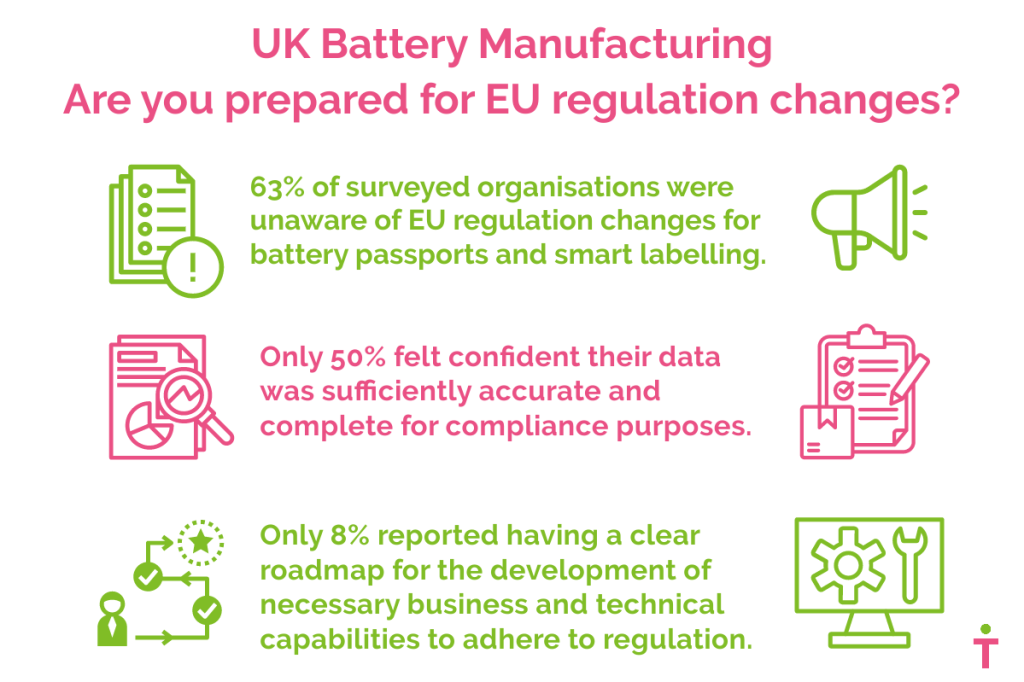Overview
Rapid market changes call for demand-driven collaborations in manufacturing, which trigger supply chain evolution to more distributed supply structures.
This paper explores the system dynamics of the largest European aerospace manufacturer’s supply chain. The authors conceptualise a manufacturing ecosystem by observing the impacts of supplier development, digital platforms, smart contracting, and Industry 4.0 on demand-driven collaborations in time.
The research team offers further contributions to the literature on ecosystem strategy, particularly for regulated industries, by disclosing the role of demand-driven collaborations in supporting the ecosystems’ growth. This paper also provides manufacturing firms with an open-access tool to exemplify their ecosystem development and produce initial training datasets for AI/ML algorithms, supporting further analytics.
This research was conducted by Dr. Nikolai Kazantsev (IfM, University of Cambridge), Oleksii Petrovskyi (National University of Kyiv-Mohyla Academy), Professor Julian M. Müller (Seeburg Castle University, Austria and Erfurt University of Applied Sciences, Germany). This work was supported by the UKRI Made Smarter Innovation Challenge and the Economic and Social Research Council via InterAct [Grant Reference ES/W007231/1].
For further discussions or potential applications/collaborations, please contact Nikolai Kazantsev.





